“Could the Key to Their Brain Be Hidden in Their Belly?”
What if the mind’s whispers begin in the gut? The hidden influence of digestion may be steering more than just appetite...
"gut health"?
It’s tempting to see the gut as nothing more than a digestion machine—a place where food is broken down, absorbed, and moved along. But what if that assumption is only scratching the surface? What if, deep within the belly, lies a hidden command center influencing your child’s sleep patterns, emotional balance, attention span, and even behavioral responses?
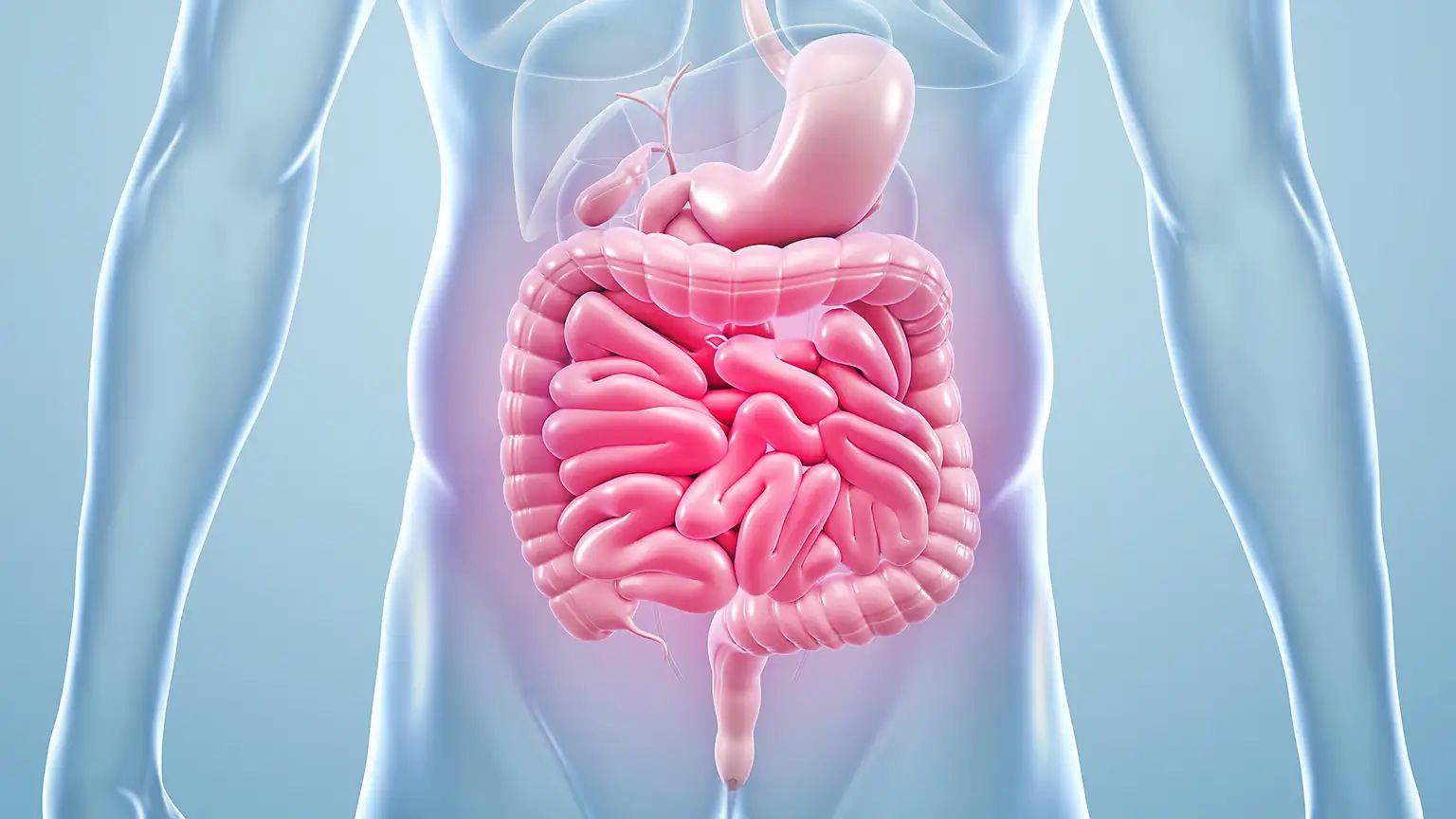
Welcome to the fascinating realm of the gut-brain axis—a complex, two-way communication network connecting the gastrointestinal tract to the central nervous system. This biological superhighway is built from millions of neurons, chemical messengers, and microbial ecosystems that constantly exchange information between the brain and the gut.
In recent years, scientific research has illuminated how gut health plays a critical role in neurodevelopmental conditions such as autism spectrum disorder (ASD), ADHD, and sensory processing challenges. Many children facing these challenges also experience signs of gut dysfunction, such as:
- Chronic constipation or diarrhea, indicating disrupted motility and microbial imbalance.
- Bloating, gas, or reflux, often rooted in inflammation or dysbiosis.
- Food intolerances or allergies, tied to immune responses in the gut lining.
- Poor appetite or nutrient absorption, which can deprive the brain of essential building blocks like zinc, B-vitamins, and omega-3s.
The gut hosts over 70% of the body’s immune system and produces neurotransmitters like serotonin and dopamine—key players in mood regulation and focus. It also houses trillions of bacteria, collectively known as the gut microbiome, which influence inflammation, brain signaling, and behavior in ways we are only beginning to understand.
Supporting gut health with probiotics, prebiotics, and digestive enzymes is more than a nutritional intervention—it may be a powerful, science-backed step toward calmer moods, clearer focus, and greater emotional resilience in children.
“Sometimes the smallest voices—like the microbes in the gut—have the biggest stories to tell.”
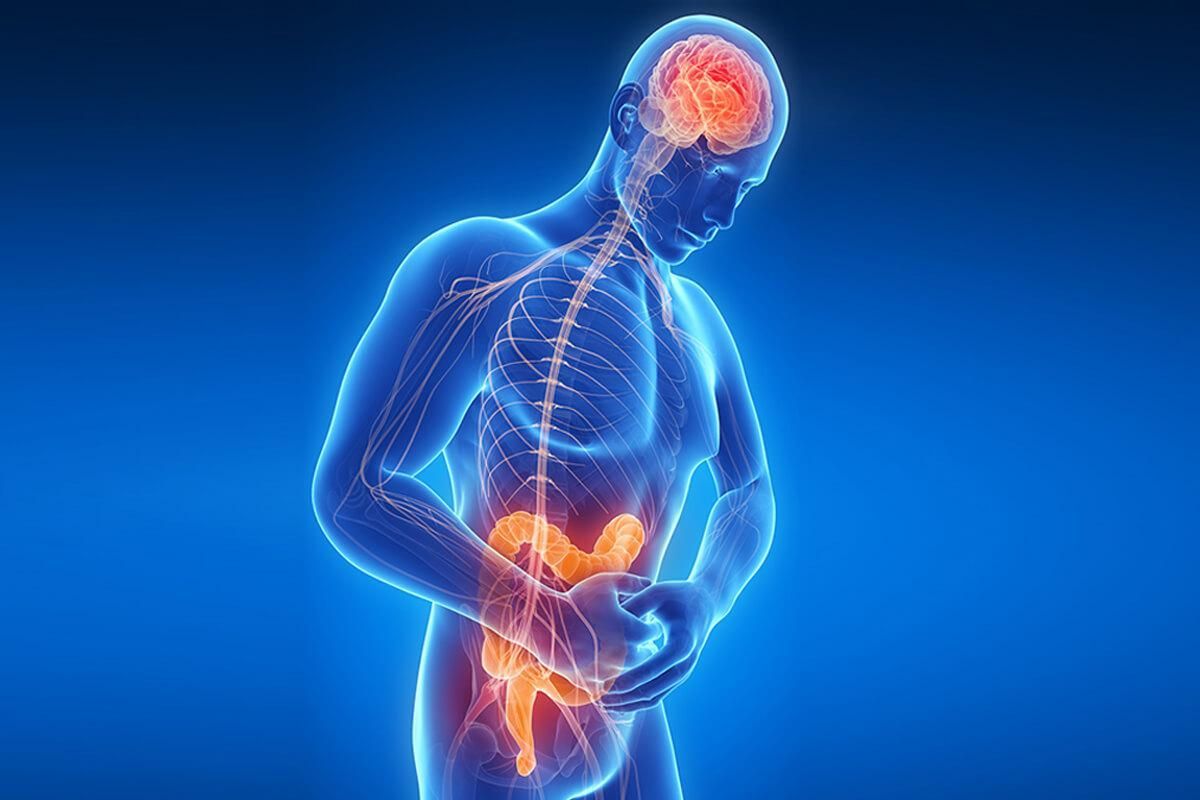
"Why It Matters: The Gut's Hidden
Influence on the Mind"
When used under guidance, calcium supplementation (especially paired with magnesium and vitamin D3) can:
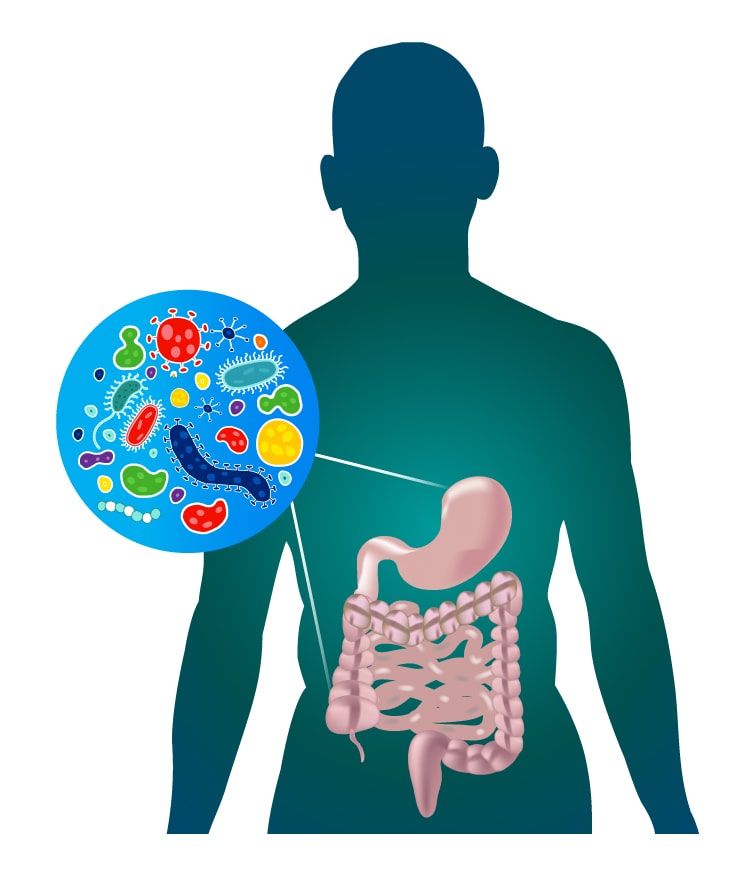
What if the secret to emotional balance, restful sleep, and clear thinking isn’t just in the brain—but in the belly?
Beneath the surface of digestion lies a vast and intelligent ecosystem: the gut microbiome—home to trillions of bacteria, many of which play direct roles in brain function, behavior, and overall mental health. Far from being a passive tube for food processing, the gut acts more like an underground laboratory, constantly producing chemicals that impact the entire nervous system.
One of the most powerful examples? Serotonin—the neurotransmitter most famous for regulating mood, sleep, and emotional stability. While it’s often called the "feel-good chemical" of the brain, over 90% of serotonin is actually produced in the gut, not the brain. Its production is influenced by both the balance of gut bacteria and the integrity of the gut lining.
When the gut is nourished, serotonin levels rise, supporting a calmer mood, better sleep cycles, and improved emotional regulation.
But when the gut becomes inflamed—due to poor diet, stress, toxins, or infections—this local inflammation can trigger systemic inflammation throughout the body, including the brain. This process can cloud cognitive function, making it harder for children to focus, process emotions, or regulate behavior.
Even more subtly, a condition known as gut dysbiosis—an imbalance between beneficial and harmful bacteria—can send distorted signals along the gut-brain axis. The result? Heightened anxiety, increased aggression, reduced impulse control, and diminished attention span. These symptoms are frequently seen in children with neurodevelopmental challenges, and growing research points to the gut as a key factor in their root cause.
Through targeted support—like probiotics to replenish good bacteria, prebiotics to feed them, and anti-inflammatory nutrients to soothe the gut lining—we can begin to restore harmony in this delicate ecosystem. And as the gut heals, the mind often follows.
“Heal the gut, and you may just unlock the mind.”
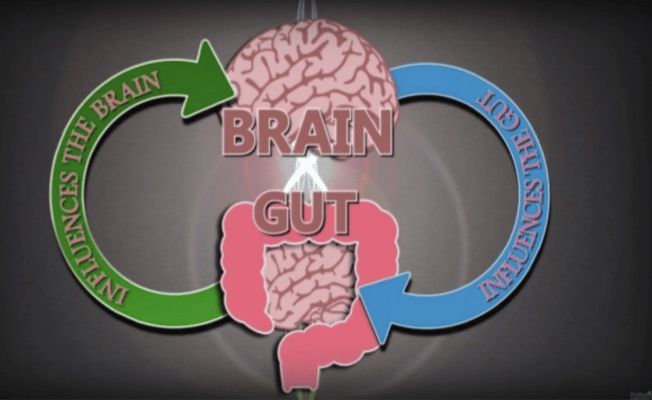
"a solution"
When used under guidance, calcium supplementation (especially paired with magnesium and vitamin D3) can:
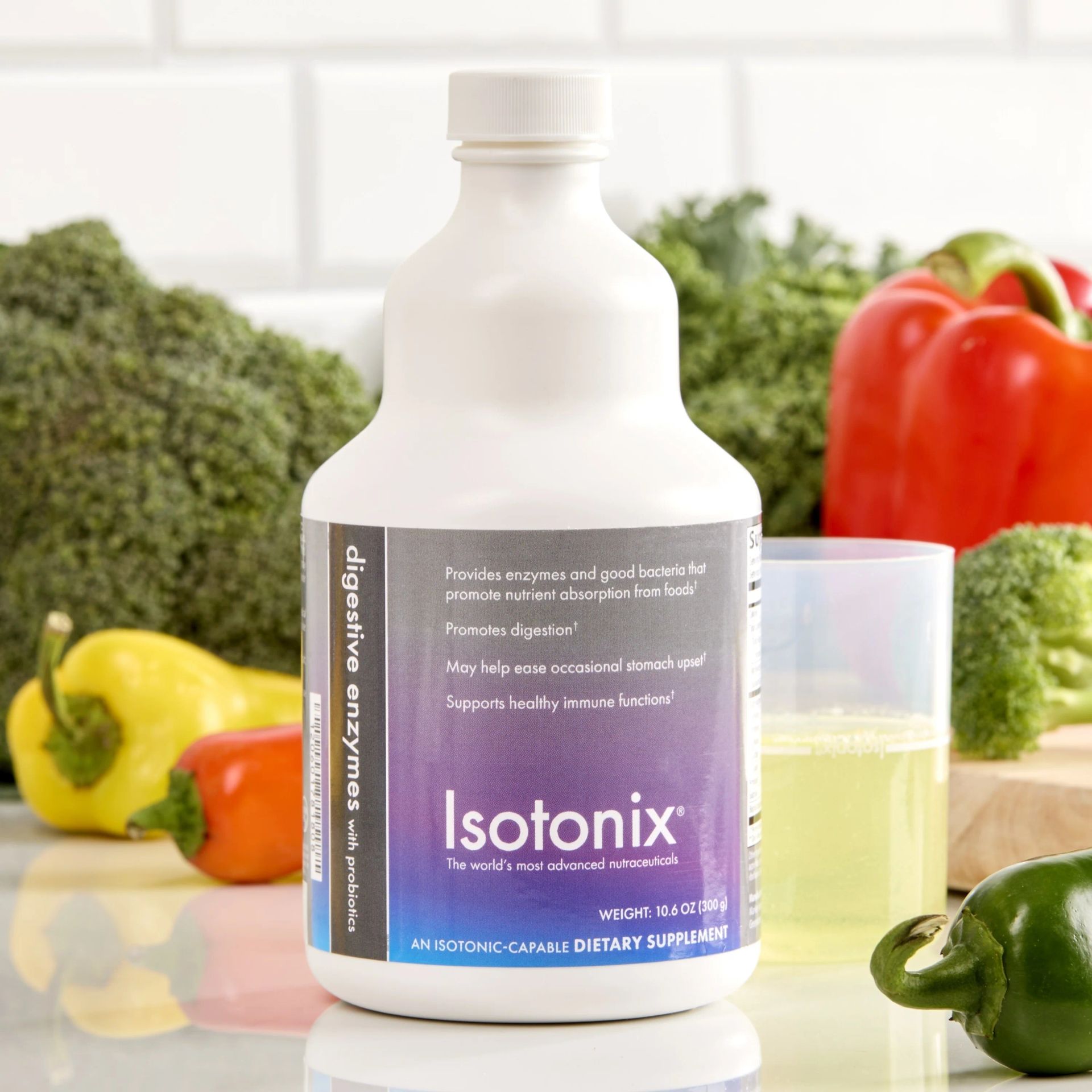
Restoring balance starts with a targeted, multi-layered approach:
- Probiotics – Reintroduce beneficial bacteria to rebalance the gut microbiome. Look for strains like Lactobacillus and Bifidobacterium, which support digestion and reduce inflammation.
- Prebiotics – Feed those good bacteria with gentle, fermentable fibers like inulin or FOS (fructooligosaccharides).
- Digestive Enzymes – Support proper food breakdown and nutrient absorption, especially for children with poor appetite or visible bloating after meals.
- Anti-inflammatory nutrients – Such as L-glutamine, zinc, and omega-3s, to help repair the gut lining and reduce systemic inflammation.
- Elimination Diets (if needed) – Temporarily removing common irritants (like gluten, dairy, or artificial additives) may provide insights into food sensitivities that impact both gut and brain function.

